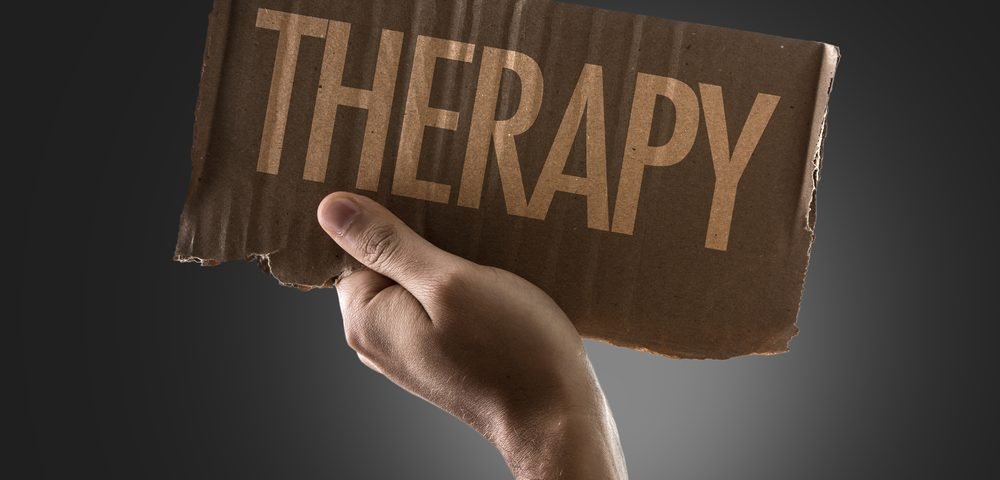Stem cell therapy may be a safe and promising treatment option for epilepsy patients who are resistant to antiepileptic drugs, according to new research.
The study, “Treatment of refractory epilepsy patients with autologous mesenchymal stem cells reduces seizure frequency: An open label study,” was published in the journal Advances in Medical Sciences.
Stem cell therapy consists of using stem cells (immature cells that can become any other cell type in the body) to replace faulty cells and treat patients with a given disease. Many approaches include using the patient’s own stem cells (autologous stem cells), collected from specific organs, such as the bone marrow. This method prevents future complications such as rejection by the body or a response from the person’s immune system.
“Autologous patient-derived [stem cells] represent a stem cell population easy to isolate and expand without ethical or technological limitations,” researchers from the Republic of Belarus wrote.
The Phase 1 trial (NCT02497443) investigated the safety of treating treatment-resistant epilepsy patients with stem cell therapy. Patients received either standard treatment with anti-epileptic drugs (control group), or anti-epileptic drugs combined with a single intravenous administration of their own mesenchymal stem cells (MSC), obtained from their bone marrow, followed by a single injection of MSC through the spinal canal.
The study’s primary endpoint was to assess seizure frequency at one year after the treatment.
Results showed that three in 10 patients receiving stem cell therapy achieved disease remission (indicated by the lack of seizures for one year and more) and five other patients started to respond to treatment with anti-epileptic drugs. In the control group, only two out of 12 patients started to respond to drug treatment.
Of note, injections of stem cell therapy were well-tolerated and did not cause any severe adverse effects.
“Some beneficial effects of the combined cellular therapy on the disease status (MMSE score, seizure frequency and severity, anxiety, and seizure-free remission for more than six months) were observed in the patients of cell therapy group but not in the control group,” the researchers wrote. “Number of responders by seizure frequency in cell therapy group was significantly higher versus the control, and this robust responsiveness (80 percent of cell therapy group) is well in line with other recent observations on clinical effects of … MSCs.”
The study has some limitations: The absence of a placebo-controlled group and the reduced number of patients make it harder to “recommend with confidence the broader application of MSC therapy for epilepsy,” researchers wrote.
They called for future studies with larger populations, a longer follow-up time and optimized stem cell administration to accurately test the long-term therapeutic potential of stem cell therapy in epilepsy.



Inconsistent purity of autologous derived MSCs from one patient to the other is also worth noting as a cause for inconsistencies. First generation (old technology) Bone marrow derived MSCs are inferior in comparison to second generation iPS derived MSCs. Consistent batch to batch manufacturing of iPS MSCs would substantially improved response rate.